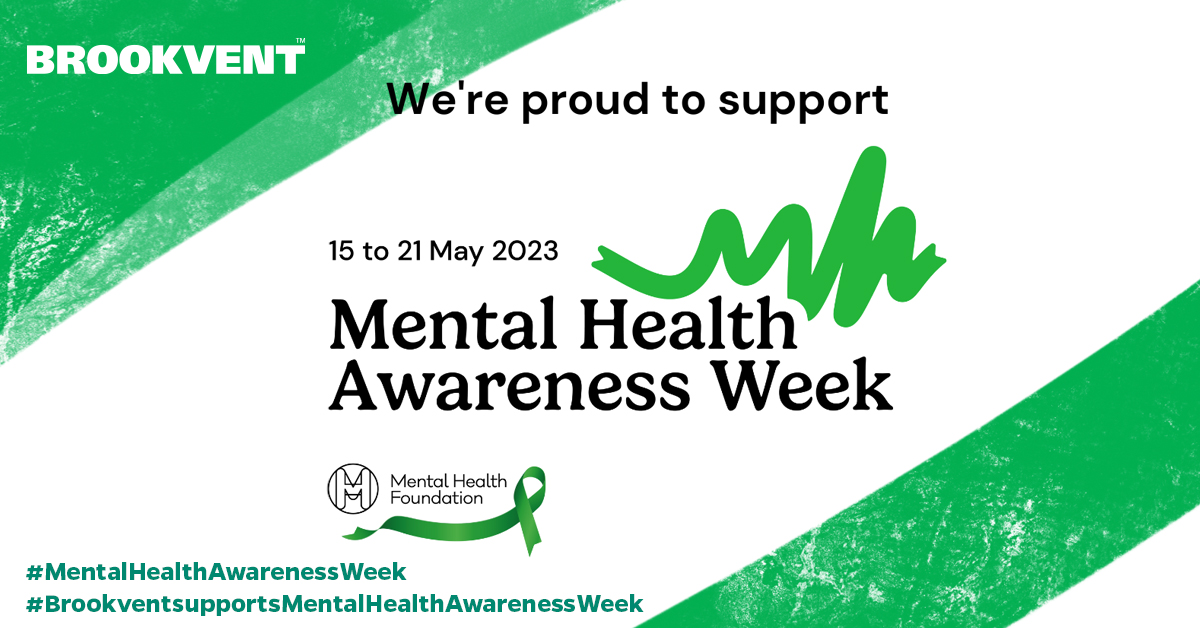Indoor air quality (IAQ) refers to the quality of air inside buildings and is an important factor in maintaining good health and wellbeing. Poor IAQ has been linked to various health problems, including respiratory diseases, cardiovascular diseases, and cancer. However, recent research has also shown a significant relationship between indoor air quality and mental health. In this blog, we will explore the connection between IAQ and mental health and its implications.
What is Indoor Air Quality?
Indoor air quality is determined by several factors, including the presence of pollutants, temperature, humidity, ventilation, and the level of air exchange. Pollutants in indoor air can come from various sources, including building materials, furnishings, cleaning agents, and outdoor air pollution that seeps into buildings. Indoor pollutants can be classified into two categories: biological and chemical.
Biological pollutants include mould, bacteria, viruses, and pollen. These pollutants can cause respiratory diseases, allergies, and asthma. Chemical pollutants include volatile organic compounds (VOCs), carbon monoxide, nitrogen oxides, and radon. Exposure to these pollutants can lead to headaches, dizziness, fatigue, and other health problems.
Indoor Air Quality and Mental Health
The effects of poor indoor air quality on physical health have been well documented. However, recent studies have shown that poor IAQ can also have significant effects on mental health. Exposure to pollutants in indoor air can lead to several mental health problems, including depression, anxiety, and cognitive decline.
Depression: Exposure to poor indoor air quality has been linked to an increased risk of depression. A study conducted by Harvard School of Public Health found that individuals living in areas with high levels of indoor air pollution were more likely to suffer from depression. The study found that pollutants such as PM2.5, VOCs, and nitrogen oxides were linked to depression.
Anxiety: Poor indoor air quality can also lead to anxiety. A study conducted by the University of Wisconsin-Madison found that exposure to VOCs increased anxiety levels in mice. In humans, exposure to VOCs has been linked to increased anxiety and stress levels.
Cognitive Decline: Poor indoor air quality has also been linked to cognitive decline. A study conducted by the Harvard T.H. Chan School of Public Health found that individuals who lived in areas with high levels of air pollution had a higher risk of cognitive decline. Exposure to pollutants such as PM2.5 and nitrogen oxides were linked to cognitive decline.
Implications
The link between indoor air quality and mental health has important implications for public health. Poor IAQ is a significant problem in many buildings, including homes, schools, and workplaces. Improving indoor air quality can help reduce the risk of mental health problems and improve overall wellbeing.
Improving indoor air quality can be achieved through various measures, including proper ventilation, regular cleaning, and the use of air purifiers. Increasing ventilation rates can help dilute indoor pollutants and improve air quality. Regular cleaning can help reduce the levels of pollutants in indoor air. Air purifiers can also help remove pollutants from indoor air.
Indoor air quality is an important factor in maintaining good health and wellbeing. Recent studies have shown a significant relationship between IAQ and mental health. Exposure to pollutants in indoor air can lead to depression, anxiety, and cognitive decline. Improving indoor air quality can help reduce the risk of mental health problems and improve overall wellbeing. Proper ventilation, regular cleaning, and the use of air purifiers can help improve indoor air quality.
Mental Health UK
This week marks Mental Health Week, a crucial time to raise awareness and prioritise mental well-being. Join the movement at Mental Health Foundation and discover valuable resources and support. We’re proud to highlight the contribution of Brookvent in championing mental health and indoor air quality. Together, let’s create a healthier environment for our minds and promote a brighter future.
Ventilation Specialist
At Brookvent, we offer a range of high-quality vent and mechanical ventilation systems that are designed to meet the needs of all types of buildings and projects. Contact us today to find out how we can help you to improve your indoor air quality and reduce the risk of damp and mould in your home or commercial building. Click and get in touch with Brookvent today! or Call us on 02890616505 or email: hello@brookvent.co.uk






